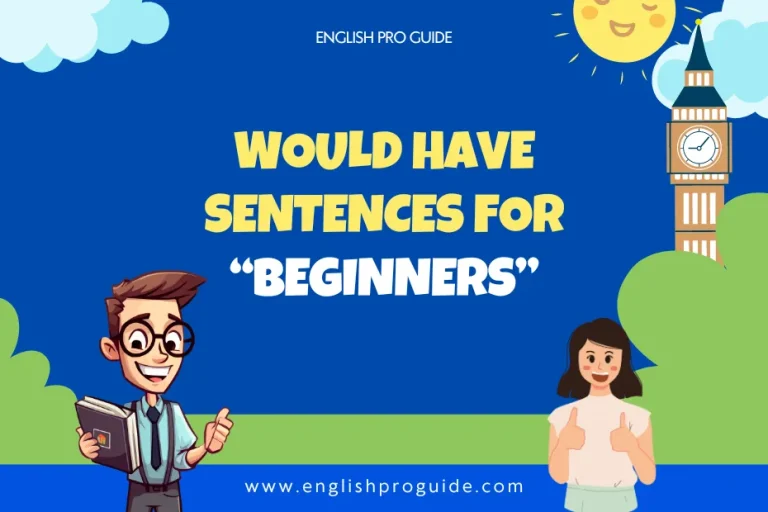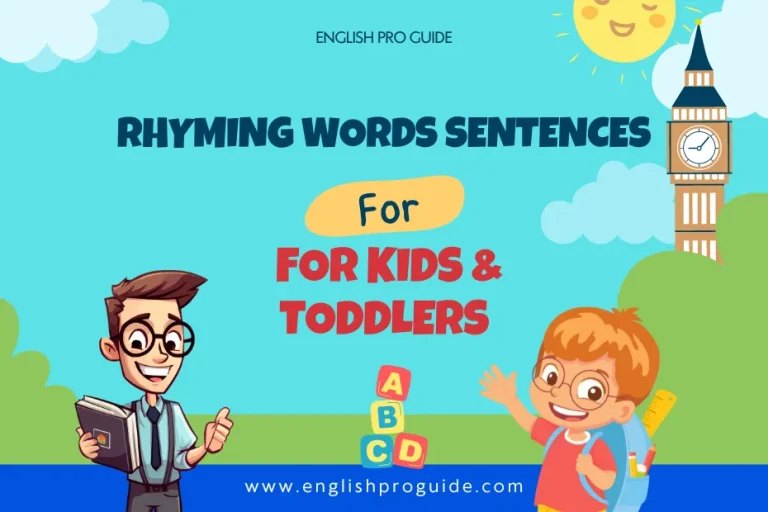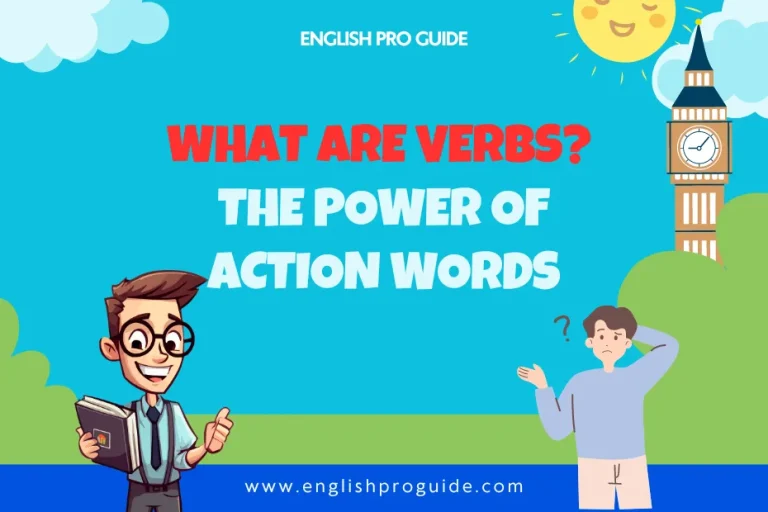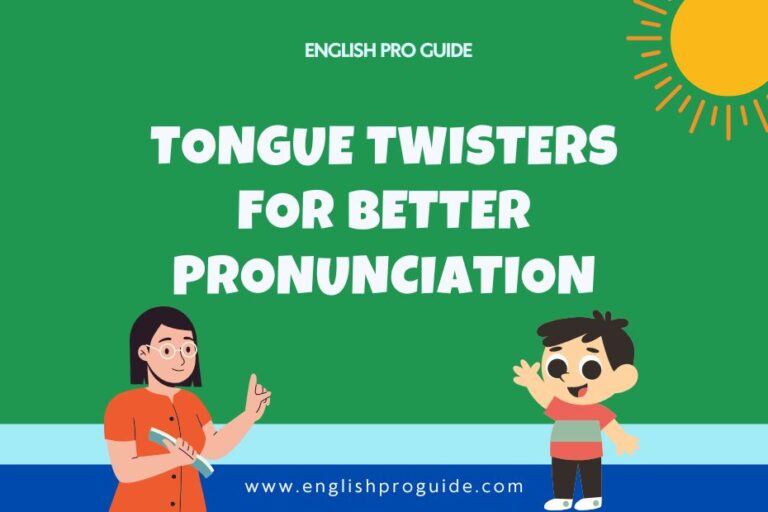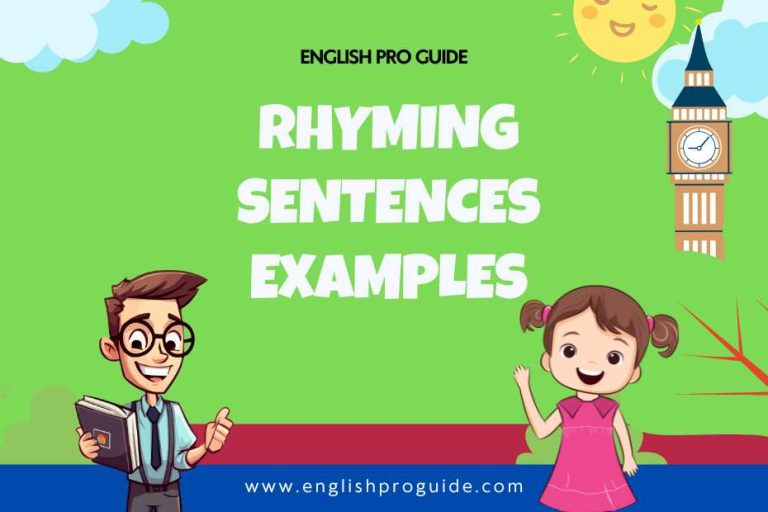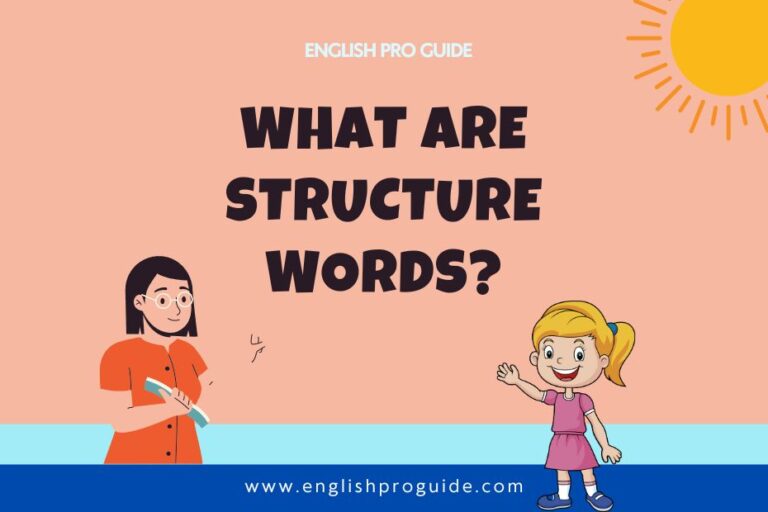Verb Tenses Made Easy: Guide to Present, Past, Future Tenses
Learning verb tenses can seem tricky at first, but with a little practice, you’ll find that they’re not so hard to master. Verb tenses help us talk about time—whether something is happening now, happened in the past, or will happen in the future.
This guide will break things down into the three main tenses—Present, Past, and Future—along with easy-to-understand explanations and examples.
Present Tense
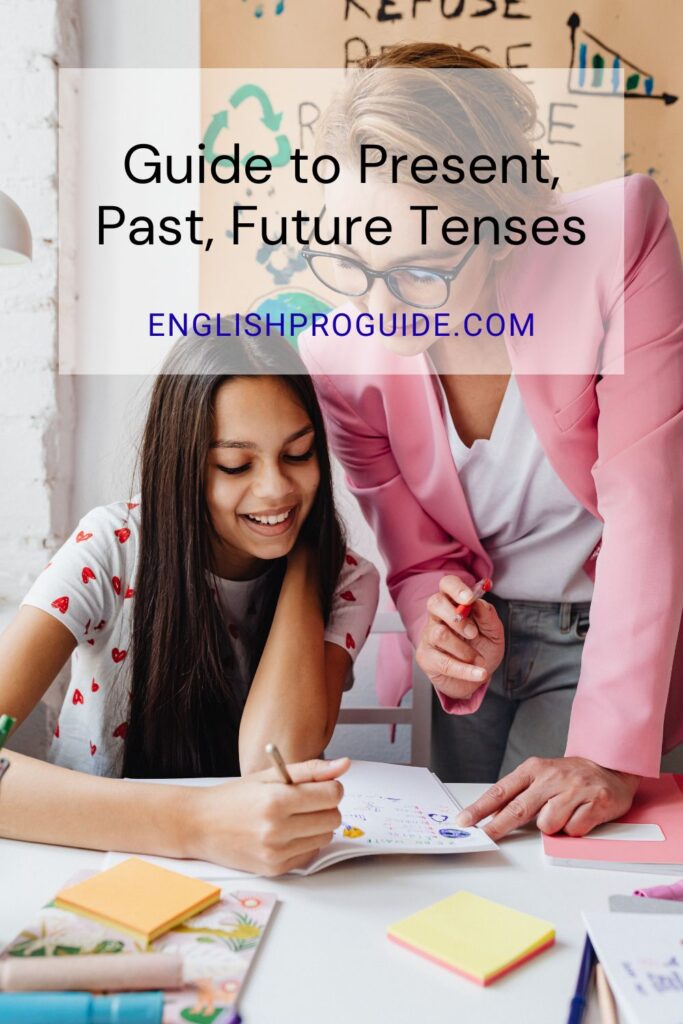
The present tense is used to describe things that are happening right now, general truths, or habits.
Types of Present Tense:
- Simple Present
- Use it for habits, routines, and facts.
- Structure: Subject + Base Verb (add -s/es for third person singular).
- Example:
- I walk to school every day. (habit)
- The Earth revolves around the Sun. (fact)
- Present Continuous
- Use it for actions happening now or temporary situations.
- Structure: Subject + am/is/are + Verb-ing
- Example:
- She is studying for her exams right now.
- We are staying in a hotel this week.
- Present Perfect
- Use it to talk about things that happened in the past but still affect the present.
- Structure: Subject + have/has + Past Participle
- Example:
- I have finished my homework. (The homework is complete now.)
- He has been to Japan twice.
- Present Perfect Continuous
- Use this to describe an action that started in the past and continues into the present.
- Structure: Subject + have/has + been + Verb-ing
- Example:
- She has been working here for three years.
- I have been learning French since last summer.
Tips for Using Present Tense:
- Use regular action verbs (like work) to talk about habits.
- Add time indicators like always, every day, or right now to make your meaning clear.
Read More: 5 Acrostic Poem for RAILROADS: How to Write Your Own
Past Tense
The past tense is used to describe actions that happened and are now completed.
Types of Past Tense:
- Simple Past
- Use it for actions that happened at a specific point in the past.
- Structure: Subject + Past Form of Verb
- Example:
- I played soccer yesterday.
- They visited Paris last summer.
- Past Continuous
- Use it to talk about something that was happening at a specific time in the past.
- Structure: Subject + was/were + Verb-ing
- Example:
- We were watching a movie when the power went out.
- She was reading a book all afternoon.
- Past Perfect
- Use this to describe an action that happened before another action in the past.
- Structure: Subject + had + Past Participle
- Example:
- By the time I arrived, they had finished dinner.
- She had left before he called.
- Past Perfect Continuous
- Use this to talk about something ongoing that happened before another past event.
- Structure: Subject + had been + Verb-ing
- Example:
- They had been working for hours before the meeting started.
- I had been waiting for 30 minutes when the bus finally arrived.
Tips for Using Past Tense:
- Look for time expressions like yesterday, last week, or when to indicate past time.
- Irregular verbs don’t follow standard rules (e.g., “go” becomes “went”). Keep practicing them!
Future Tense
The future tense is used to talk about actions that are yet to happen.
Types of Future Tense:
- Simple Future
- Use it to describe actions that will happen later.
- Structure: Subject + will/shall + Base Verb
- Example:
- I will call you tomorrow.
- She will visit her grandmother next week.
- Future Continuous
- Use it to talk about something that will be happening at a specific time in the future.
- Structure: Subject + will be + Verb-ing
- Example:
- This time next week, I will be flying to New York.
- They will be watching the game at 7 PM tonight.
- Future Perfect
- Use this to describe an action that will be completed before another time/event in the future.
- Structure: Subject + will have + Past Participle
- Example:
- By 10 PM, I will have finished my homework.
- She will have left the office by then.
- Future Perfect Continuous
- Use it to describe an ongoing action that will continue up until a particular moment in the future.
- Structure: Subject + will have been + Verb-ing
- Example:
- By next year, they will have been teaching English for 10 years.
- I will have been working on this project for five hours by the time you arrive.
Tips for Using Future Tense:
- Time markers like tomorrow, next week, or in the future can help set the timing.
- Use contractions like I’ll instead of I will to sound more natural.
Quick Recap and Practice
Here’s a quick way to understand the tenses:
| Tense | Example Sentence |
|---|---|
| Present Tense | I eat lunch at 1 PM every day. |
| Past Tense | I ate lunch at 1 PM yesterday. |
| Future Tense | I will eat lunch at 1 PM tomorrow. |
Practice Time!
Try these exercises to test yourself:
- Write a sentence about something you do every day. (Present tense)
- Describe something that happened last weekend. (Past tense)
- Talk about a plan for next weekend. (Future tense)
Practicing regularly will help you feel confident about using verb tenses correctly. Start small, and soon, you’ll be expressing yourself fluently!

